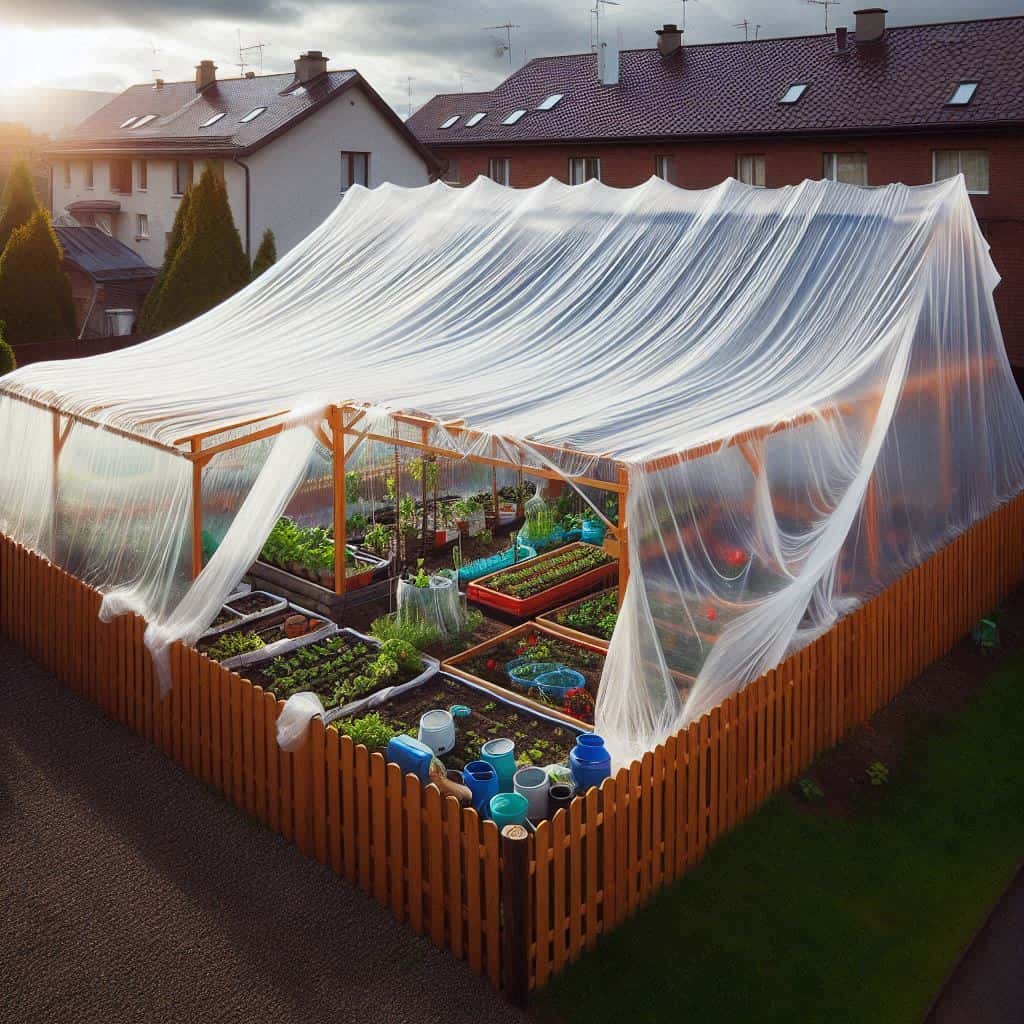Winter is a time of rest for many plants, but not for all. Some pests prefer to overwinter on plants, feeding on their bark and shoots. In this article, we will discuss how to prevent plant damage from overwintering pests, so that your garden can delight you with healthy and beautiful plants come spring.
1. Inspect the Bark
The first step in combating overwintering pests is to inspect the bark for signs of their activity. Look for areas where the bark is peeling or has cracks, as these are places where pests like moths, mites, and insect larvae may hide.
2. Remove Pests from Shoots
Inspect the plant shoots and remove any overwintering pests you notice. Use a soft brush or damp cloth to remove insects from the bark and shoots.
3. Loosen the Soil
Loosening the soil around the base of plants can help expose and destroy overwintering pest larvae and cocoons. This will also improve air and water penetration to the plant roots.
4. Remove Fallen Leaves
Fallen leaves can provide shelter for overwintering pests. Clean up garden beds and trim plants to remove any remaining leaves.
5. Attract Birds to the Garden
Birds like chickadees can be great allies in pest control. They actively seek food in the winter and can consume insects that may harm your plants. To attract birds to your garden, you can set up bird feeders, bird baths, and nest boxes to provide them with a comfortable environment.
6. Use Natural Repellents
Natural repellents, such as certain plants and odors, can be useful in repelling overwintering pests. Plants like lavender, mint, and basil are known for their repellent properties. You can plant them around your garden to create a natural barrier against pests. Additionally, aromatic oils like tea tree oil or eucalyptus can be used to treat the bark or soil around plants to deter insects.
7. Maintain a Healthy Environment Around Plants
Remove debris and maintain overall cleanliness in the garden to prevent the formation of shelters for pests.
8. Treat Plants Using Natural Remedies
If you find pests on your plants, you can treat them with natural remedies such as herbal infusions or soap solutions. For example, a garlic or pepper infusion can be an effective repellent for some insects.
By following these recommendations, you can protect your plants from overwintering pests and ensure their health throughout the winter season.



